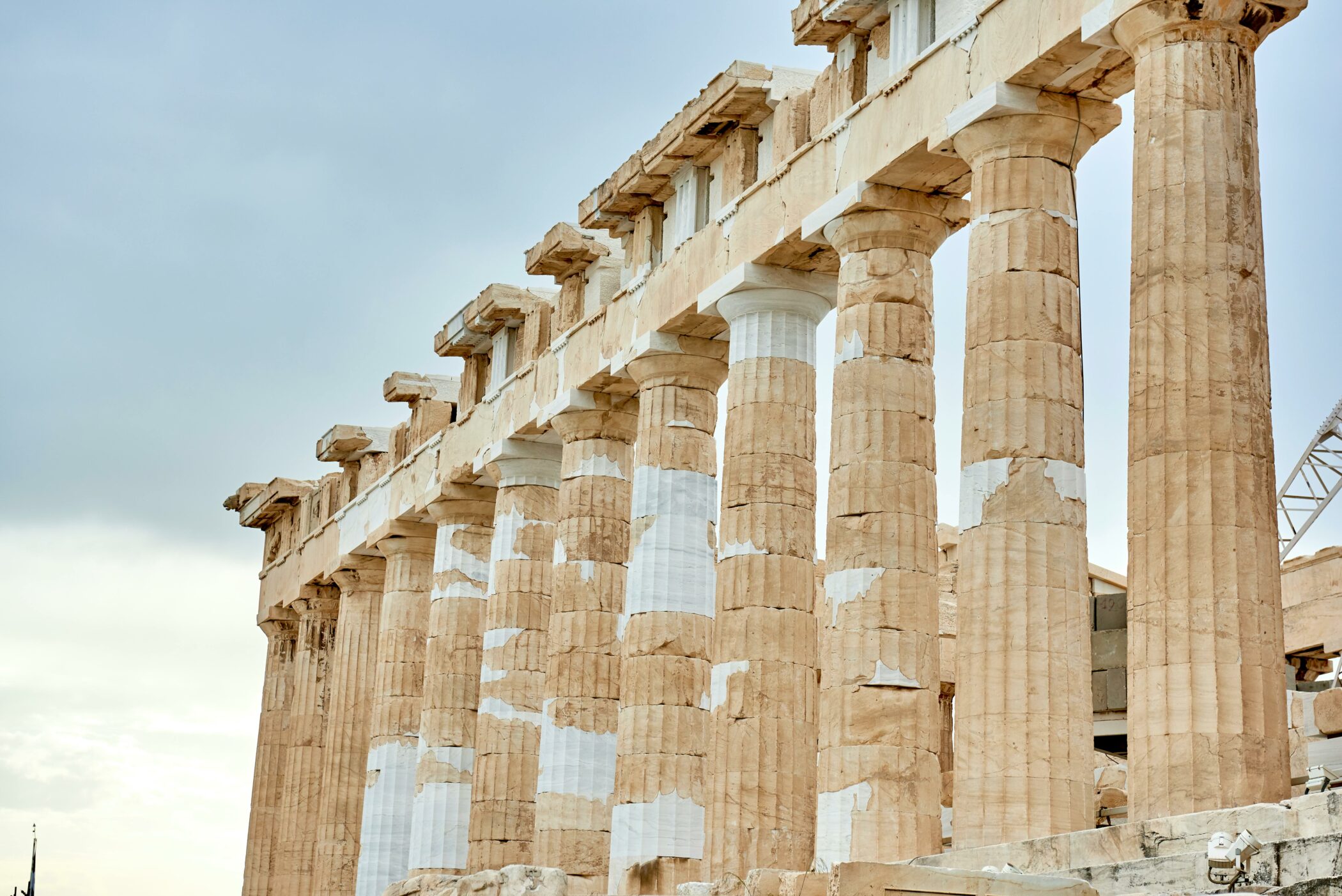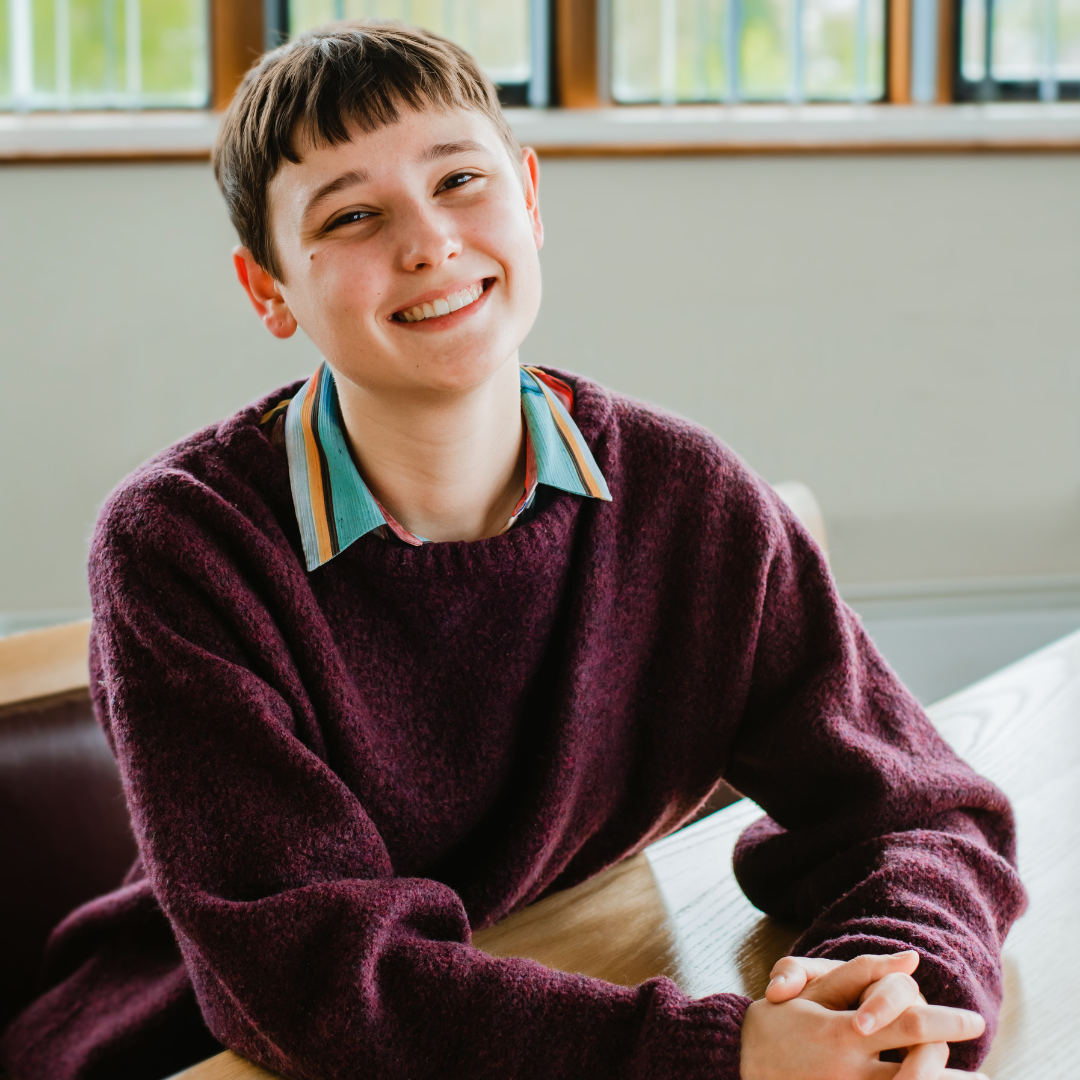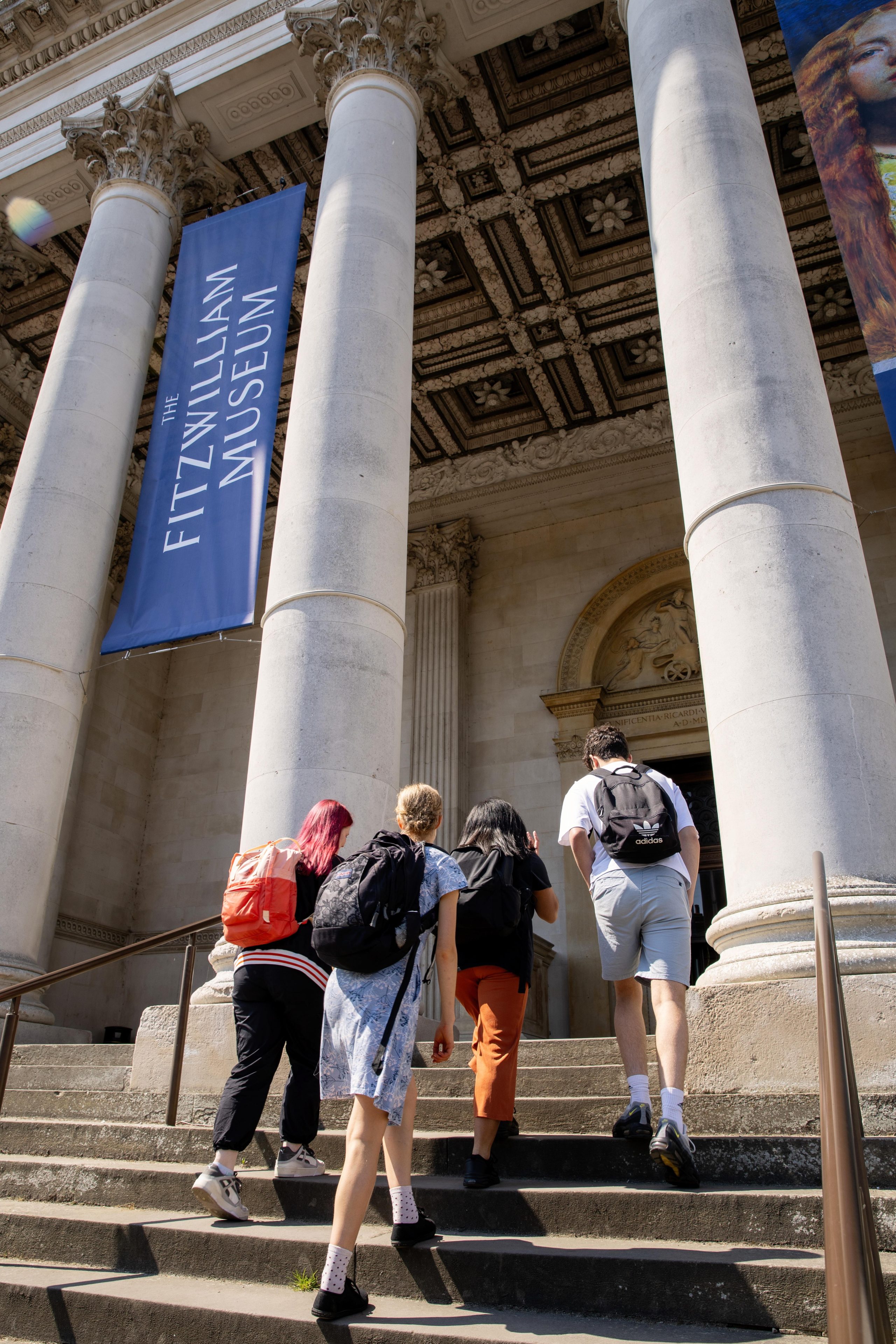Studying Classics at Cambridge
- UCAS Code: Q800 (3-year course), Q801 (4- year course)
- How many are admitted to Cambridge every year: 50
- Minimum offer: A*AA
- Essential subjects: Latin (For 3-year course)
- Useful subjects: Classical Civilisation, English (Language or Literature), History, Languages (ancient or modern)
Classics allows you to study the languages and cultures of the Ancient Greeks and Romans. It brings together the study of language, linguistics, literature, history, philosophy, art and archaeology. There are two ways in which you might study the Classics Tripos – via the three-year route (for those with A Level Latin or equivalent), or via the four-year route (for those with little or no Latin).Subjects are supervised by arrangement with lecturers in other Colleges and the Faculty of Classics. Teaching consists of lectures, language classes (as needed) and at least two supervisions per week.
What can I do with a degree in Classics?
Few degrees offer the same opportunities for acquiring advanced skills in languages, analytical thinking, essay-writing, visual analysis, critical sensitivity, and spotting a biased source at a hundred paces. Hence, it is no wonder that Cambridge classicists are amongst the most employable graduates in the country. Our students have gone on to careers in law, journalism, film and television, banking, consultancy, marketing, museum and gallery work, teaching and academia.
For more information, please visit the University Careers Service website: Using your degree: Classics | Careers Service

Studying Classics at St Edmund’s College
All students in Classics benefit from centrally organised tuition and St Edmund’s will arrange your small-group supervisions. St Edmund’s will provide you with a Director of Studies in Classics, who will help you maximise your potential.
St Edmund’s is home to a small community of both undergraduate and postgraduate students studying classics. It is likely that you will end up continuing conversations based on your lectures in the college’s dining hall or the CR (Common Room).
The college also offers several spaces where you can study and work on your essays including the Paul Luzio Library building, the Norfolk library, study desks in the Mount Pleasant Halls Common room, the comfortable couches of the CR, Edspresso, our café that serves excellent coffee and cakes, or the benches in our lovely apple orchards!
We also have six study rooms (2 in the Luzio building, 2 in Norfolk building, and 1 in Mount Pleasant Halls), where college supervisions typically take place, and which can also be booked by students for their private study time or group projects.
Our college also has an extremely supportive Welfare and Wellbeing Department, which is happy to lend an ear and provide support should a student feel anxious or overwhelmed with the academic year.
How to Apply
Applications for all courses are made through UCAS. You must apply by 15 October 2025 to be considered for entry in October 2026. Applications for 2025 entry have already closed.
Requirements
Written Work
Tests
Interviews
Deferred Applicants
Affiliated students
What is a typical Term’s work
Between the Faculty and the College we are able to offer a unique level of care and flexibility. Lectures are offered on all parts of the course as well as in some areas cut across disciplines, while classes (especially in Part 2) allow you to debate issues and formulate your own arguments.
Likewise, throughout your degree course, supervisions will offer you the chance to study the ancient world in depth, often emphasising a different angle from the lectures. The format of supervisions varies with the supervisor. Most often, you will write an essay in advance and discuss it with your supervisor and one or two other students. There is a real opportunity to work on each individual’s intellectual development. Supervisions train you to think critically and independently.
In addition to lectures and seminars, the Classics Faculty houses the Museum of Classical Archaeology on its first floor. This contains one of the finest collections of casts of classical sculpture in the world. It also has an excellent pottery collection. These are regularly used in art and archaeology teaching. Moreover, students taking archaeology courses can sign up to visit or even help excavate a variety of sites both in Britain and the Mediterranean.
People
Dr David Friedman, Director of Studies, Affiliated Researcher in the Faculty of Classics

If I was going to study Classics, then I wanted to do it at Cambridge. The Faculty of Classics here is one of the leading ones for the subject in the world and one of the biggest in the country. There is a wealth of different opinions and perspectives, and a lot of leading research is being conducted here. The Museum of Classical Archaeology, which houses one of the largest plaster cast collections in the world, is right in the faculty, and the Fitzwilliam Museum, which houses a great Classics collection, is just down the road. If you’re going to do a subject that’s as niche as Classics, then you want to go where all the best academics and resources are.


